
After the Ram Janmabhoomi-Babri Masjid verdict, the focus has now turned to the Kashi Vishwanath Temple-Gyanvapi Mosque dispute.
An application seeking an archaeological excavation on the Kashi Vishwanath Temple-Gyanvapi Mosque premises in Varanasi has been filed in a local court. According to reports, the court will hear the application on Jan. 9, 2020.
The petition was filed initially by Ramrang Sharma and Somnath Vyas but they were replaced by Vijay Shankar Rastogi after their deaths.
The petitioner has contended that there still exists a ‘shivlingam’ of Lord Vishweshwarnath (Lord Shiva) on the disputed premises and that it was one of the 12 ‘jyotirlingas’ (important Shiva Temples) in the country. It sought a direction to undertake an archaeological excavation on the premises so that the “truth” could be set before the people.
The Gyanvapi Mosque, which adjoined the Kashi Vishwanath Temple, had been built by Mughal emperor Aurangzeb in 1669 after allegedly demolishing a Hindu temple.
Hindu seers claim that the original Vishwanath Temple (jyotirlinga) existed on the site of the alleged demolition.
An application was filed by Hindus in the Varanasi district court in 1991 seeking ownership of the disputed site. The Muslim side was also a party in the case.
The hearing of the case had been later stayed by the High Court. The stay has been vacated now and so, the hearing will resume.
Source : DC

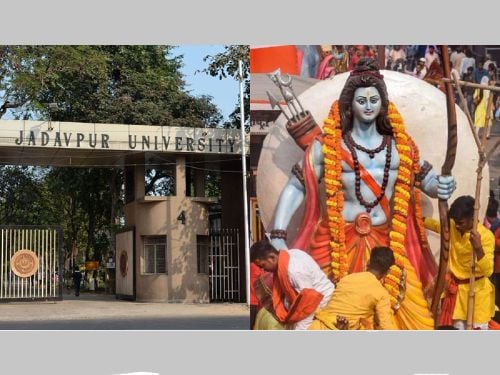 Jadavpur Univ revokes permission to celebrate Ram Navami on campus after granting it
Jadavpur Univ revokes permission to celebrate Ram Navami on campus after granting it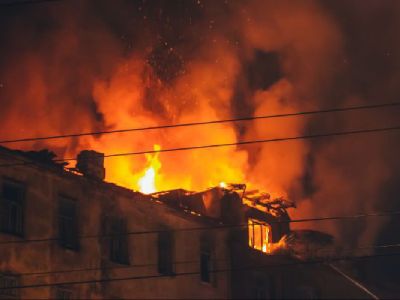 Andhra Pradesh: Farooq kills mentally challenged Hindu man for insurance money
Andhra Pradesh: Farooq kills mentally challenged Hindu man for insurance money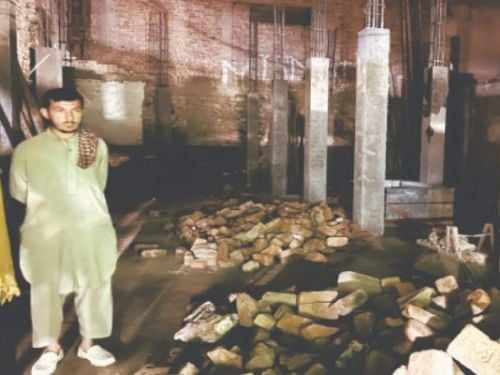 Pakistan: Ancient Hindu temple in Khyber Pakhtunkhwa demolished for commercial complex
Pakistan: Ancient Hindu temple in Khyber Pakhtunkhwa demolished for commercial complex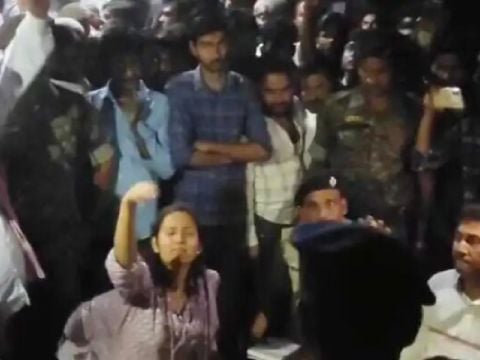 Bihar: Goddess Bhagavati Temple in Araria vandalised and deities damaged
Bihar: Goddess Bhagavati Temple in Araria vandalised and deities damaged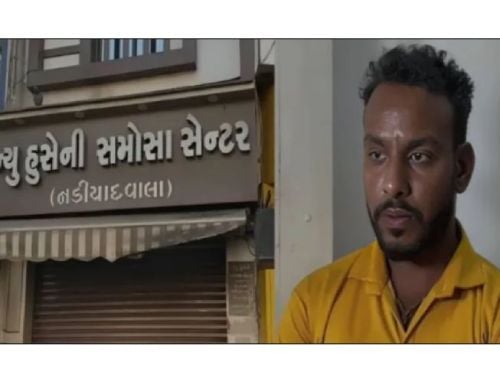 Vadodara: Beef supplier Imran Qureshi arrested in beef-stuffed samosa case
Vadodara: Beef supplier Imran Qureshi arrested in beef-stuffed samosa case After Idukki diocese, Syro Malabar Catholic Church’s Thamarassery diocese screens ‘The Kerala Story’
After Idukki diocese, Syro Malabar Catholic Church’s Thamarassery diocese screens ‘The Kerala Story’